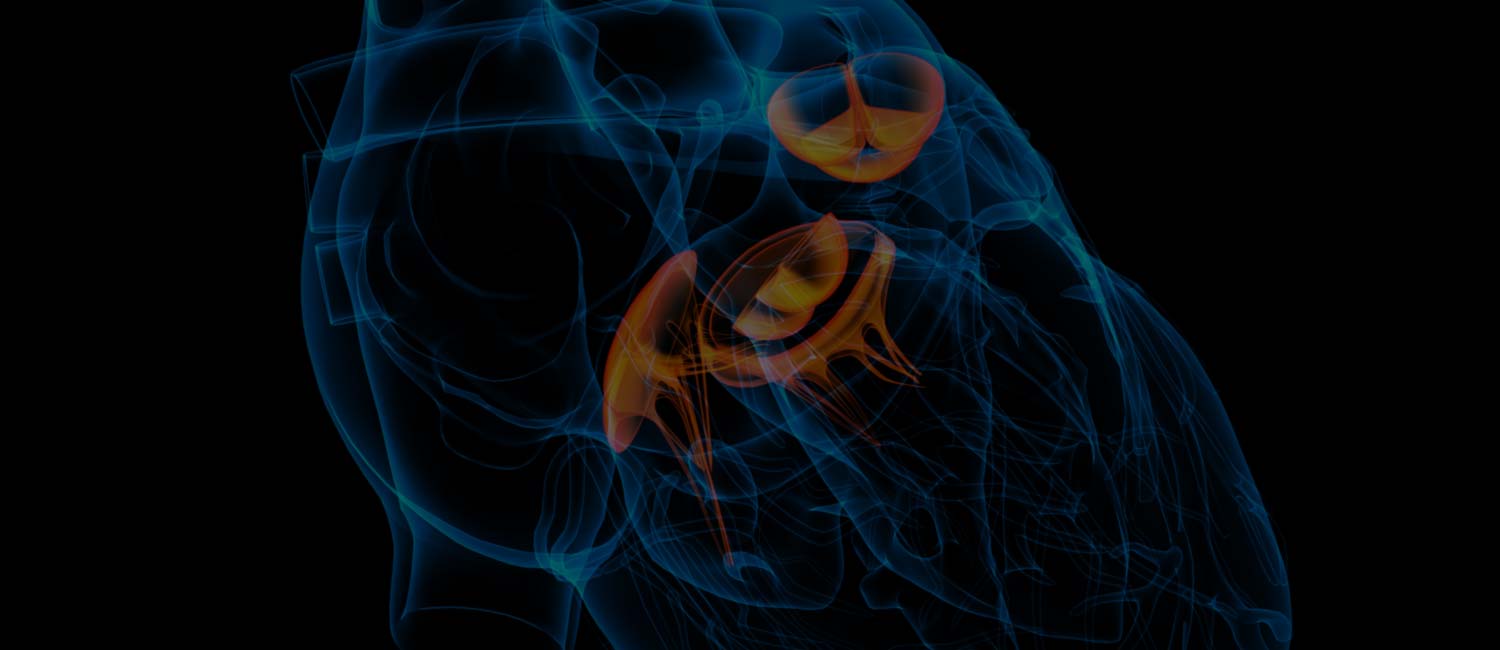Over the past several years, focused research efforts have led to innovative surgical and transcatheter treatment options for aortic and mitral valve diseases. Now, these same efforts are on the rise in another area – the tricuspid valve – with the hope of achieving similar advantages and outcomes for patients.
Through The Heart Valve Center of Texas, an outpatient setting of Baylor Scott & White The Heart Hospital – Plano, physicians on the medical staff from multiple specialties are working as a team to treat tricuspid valve disease, much in the same way the center has approached the multidisciplinary treatment of aortic and mitral valve conditions. This approach brings together advanced imaging, interventional cardiology and surgeons working in concert to evaluate and treat patients.
“This increased attention is due to a number of factors,” said Michael Mack, MD, medical director of cardiovascular surgery for Baylor Scott & White Health – North Texas. “Factors include better imaging of the heart and valves, a better understanding of the downstream effects on the tricuspid valve caused by a myriad of diseases of the heart, and the contributions of severe tricuspid disease causing or exacerbating heart failure.”
When patients begin to have severe symptoms of heart failure, such as shortness of breath or leg edema, tricuspid valve surgery is indicated. “Before we were able to do minimally invasive port access and robotic tricuspid surgery, it was more difficult to approach the valve via the usual approach by dividing the sternum,” said Robert L. Smith, II, MD, medical director of cardiac robotics at Baylor Scott & White Heart – Plano. “As one of the busiest centers performing these surgeries, we do not have the limitations seen by others.”
Baylor Scott & White Heart – Plano is also one of the major enrolling centers in research studies evaluating when and how to repair the valve. The results from these studies will continue to advance the way physicians treat tricuspid valve disease.





